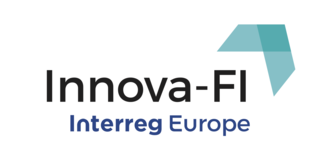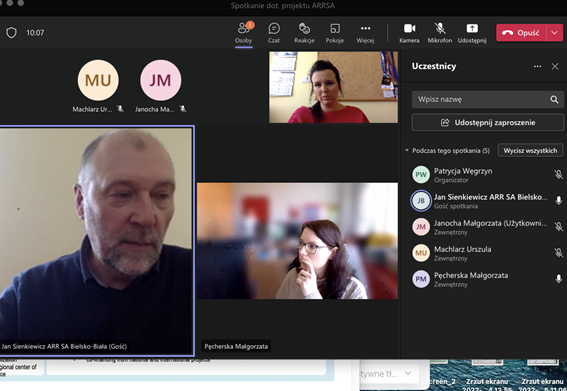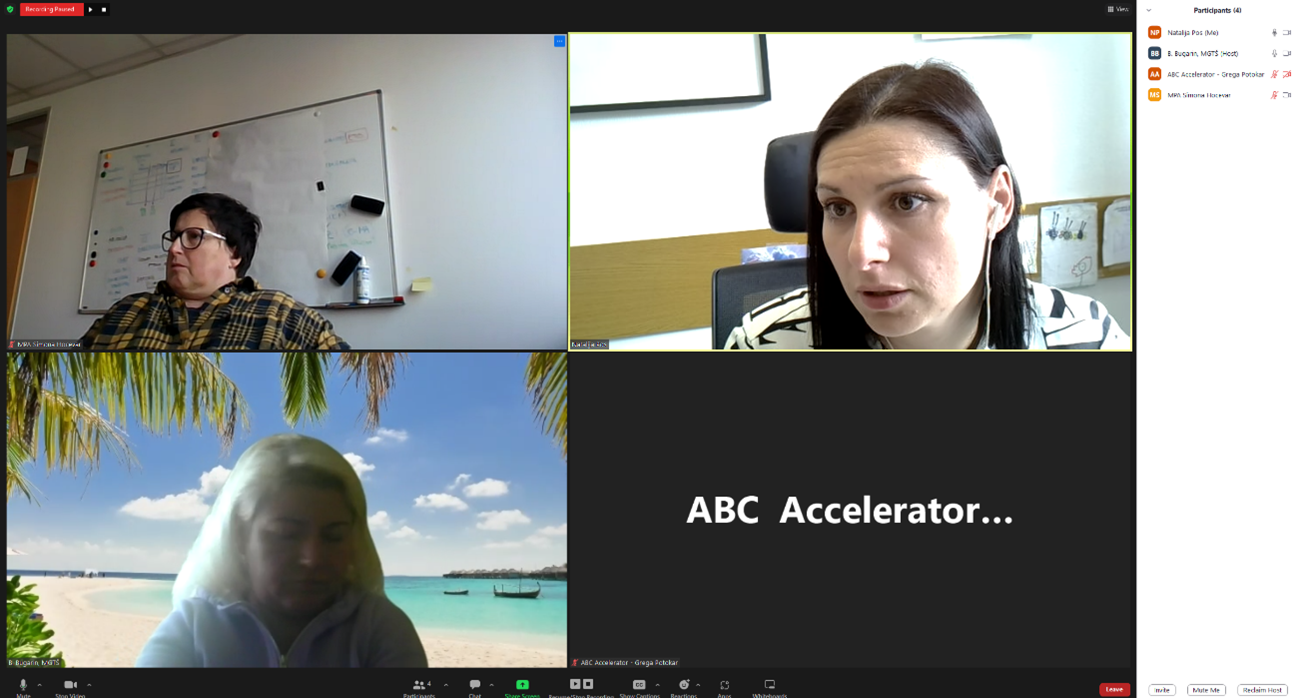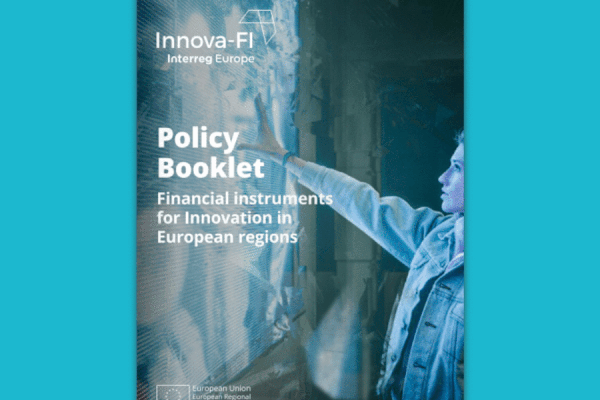Under the European Commission’s 2012 State aid modernisation initiative (SAM), transparency became a ‘pillar’ of State aid control. This was motivated by an emphasis on accountability, improving the effectiveness of policies, and ensuring a ‘level playing field’ in State aid. Thus, firms should be able to access information on State aid received by their competitors; taxpayers should be able to find details of how public money is spent; and the Commission should have a better understanding of how, why and where undertakings are being subsidised.
From July 2016 this meant that information on all individual awards exceeding €500,000 has had to be reported within 6 months and available online. This applies to granting authorities of all types – whether national, regional, local or agencies acting on their behalf. To this end, the Commission developed an IT platform, the Transparency Award Module (TAM). Member States do not have to use TAM – Spain, Poland and Romania have opted for domestic websites instead, but the requirements are the same. TAM alone now contains over 100,000 reports on aid awards.
Case studies of eight countries were undertaken to identify potential changes to the transparency requirements that might improve levels of compliance. Some detailed proposals were identified, but while these might facilitate the use of TAM and address some operational frustrations, it is unlikely that they would have a material impact on compliance. In broad terms, countries, where awarding bodies are responsible for TAM encoding, do not want any additional reporting burdens, and countries, where national registers are in place, do not want additional demands to be made that would disrupt existing systems.
The report makes three recommendations:
- Information on numbers of awards. A more accurate assessment of compliance might be gleaned from requiring Member States to report the actual number of payments when they make their annual reports in SARI, as well as expenditure;
- Targeting specific awarding bodies. Analysis of the reporting delays shows that the timeliness of reporting is essentially driven by the behaviour of a very small number of awarding bodies in each Member State.
- Awareness raising and rationalisation of transparency obligations. It may be that any awarding bodies failing to report at all do so due to low levels of awareness of the obligations and few qualifying instances (particularly in the case of non-GBER aid).
More information and the full report is available here: https://www.eprc-strath.eu/News-and-events/news/News-3155.html.













